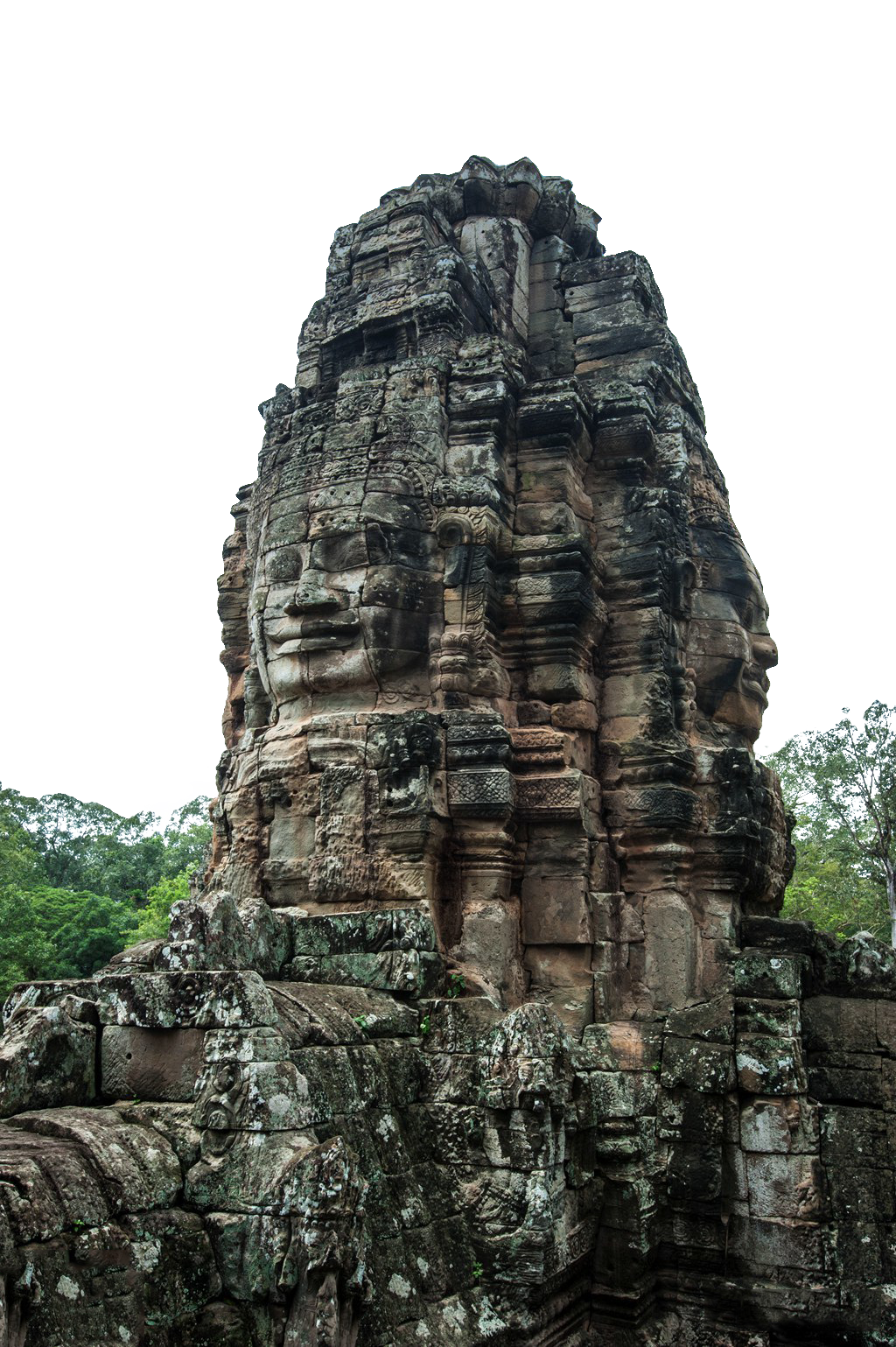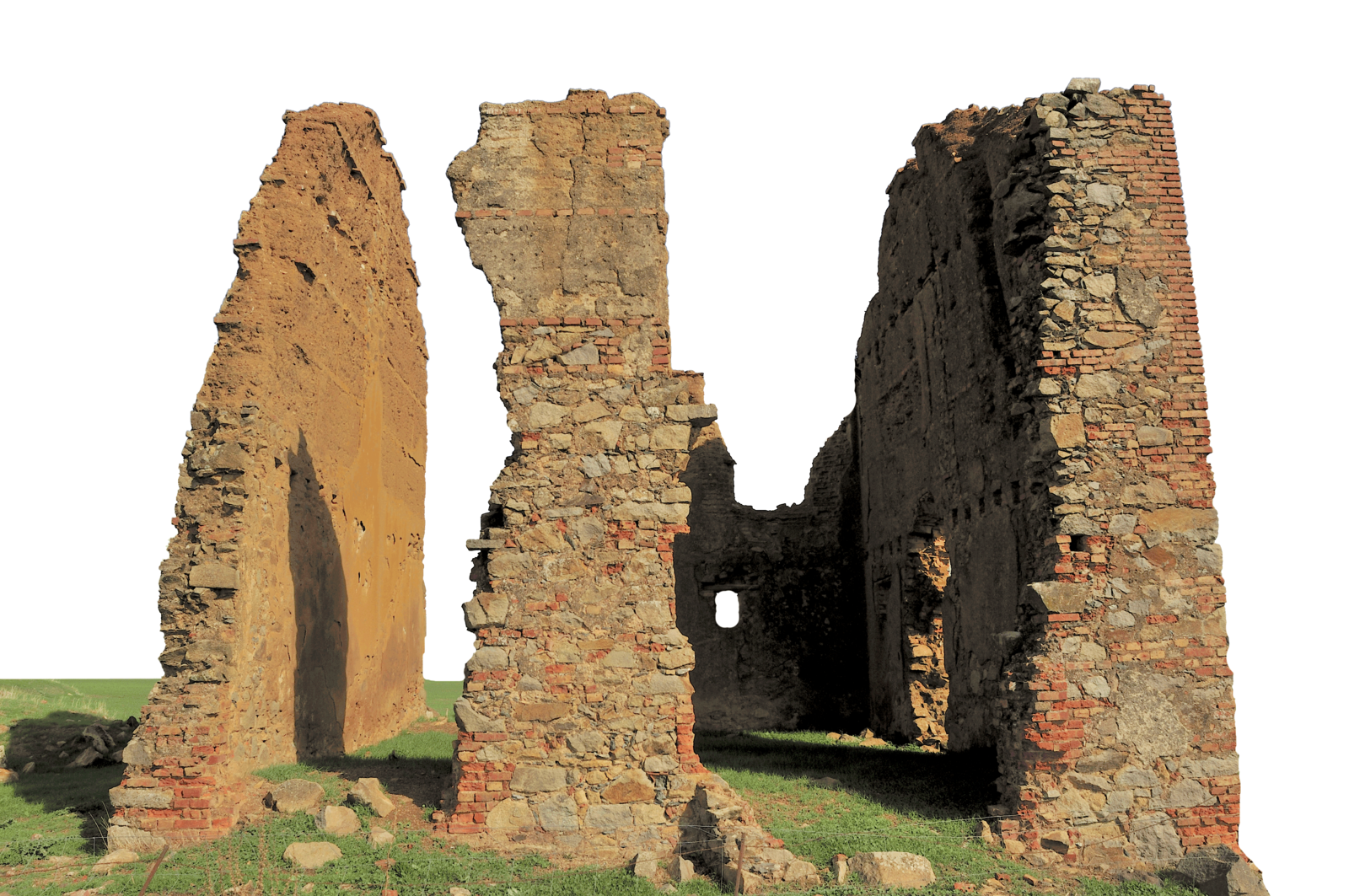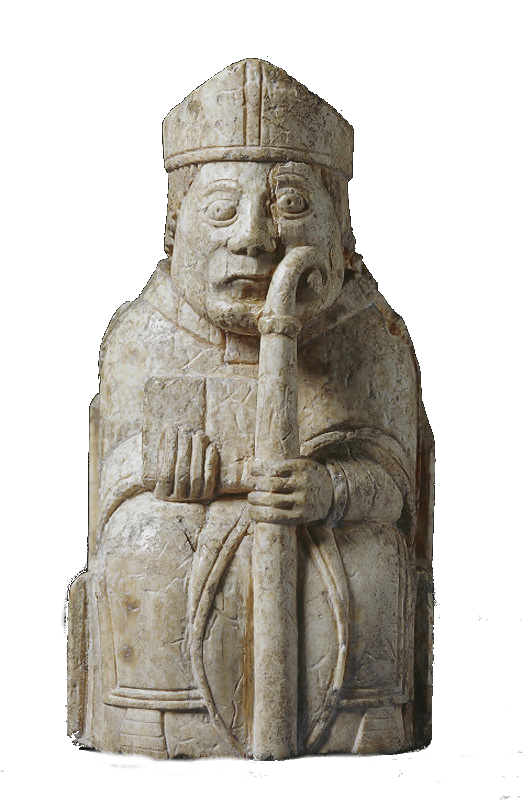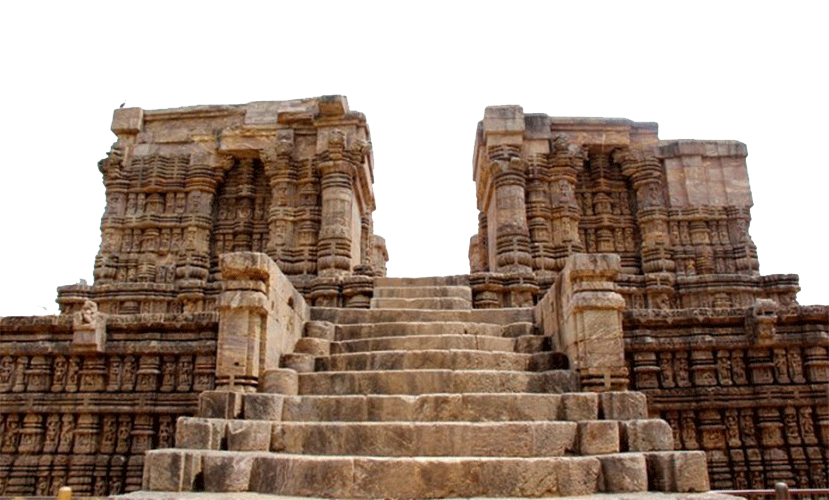Archaeology
Welcome to c/Archaeology @ Mander.xyz!
Shovelbums welcome. 🗿

Notice Board
This is a work in progress, please don't mind the mess.
- 2023-06-15: We are collecting resources for the sidebar!
- 2023-06-13: We are looking for mods. Send a dm to @fossilesque@mander.xyz if interested!
About
Archaeology or archeology[a] is the study of human activity through the recovery and analysis of material culture. The archaeological record consists of artifacts, architecture, biofacts or ecofacts, sites, and cultural landscapes.
Archaeology has various goals, which range from understanding culture history to reconstructing past lifeways to documenting and explaining changes in human societies through time.
The discipline involves surveying, excavation, and eventually analysis of data collected, to learn more about the past. In broad scope, archaeology relies on cross-disciplinary research. Read more...
Rules
- Don't throw mud. Be kind and remember the human.
- Keep it rooted (on topic).
- No spam.
- No pseudoscience/pseudoarchaeology.

Links
Archaeology 101:
Get Involved:
University and Field Work:
- Archaeological Fieldwork Opportunities Bulletin
- University Archaeology (UK)
- Black Trowel Collective Microgrants for Students
Jobs and Career:
Professional Organisations:
- Chartered Institute for Archaeologists (UK)
- BAJR (UK)
- Association for Environmental Archaeology
- Archaeology Scotland
- Historic England
FOSS Tools:
- Diamond Open Access in Archaeology
- Tools for Quantitative Archaeology – in R
- Open Archaeo: A list of open source archaeological tools and software.
- The Open Digital Archaeology Textbook
Datasets:
Fun:
Other Resources:

Similar Communities
Sister Communities
Science and Research
Biology and Life Sciences
- !anthropology@mander.xyz
- !biodiversity@mander.xyz
- !palaeoecology@mander.xyz
- !palaeontology@mander.xyz
Plants & Gardening
Physical Sciences
Humanities and Social Sciences
Memes
Find us on Reddit

view the rest of the comments
It's tempting to look for potential vocab exchange between Rapa Nui and (Quechua and Aymara). That could help dating the exchange with the Andes, as the lexicon stops following the lender's sound changes to follow the borrower's instead.
(Polynesian syllabic structure and small phonemic stock make this extra tricky though. For example, Classical Quechua /s ʂ h/ would probably end all merged into /h/, and you'd see multiple epenthetic vowels popping up.)
Even then I wouldn't be surprised if they contacted the folks up south, like the Mapuche. Specially as I don't expect the landing spot from a Rapa Nui → South America to be the best spot to start the opposite travel, due to sea currents.
It seems likely that the Polynesian word(s) for sweet potato is a direct borrowing from Quecha. Beyond that I don't think there's accepted evidence for vocabulary exchange.
I gave it a check. It's hard to take a lot of conclusions from a single word, but
This got to be at least two instances of borrowing, since either Rapa Nui picked another variant of the word to borrow or solved the issue with the ending consonant in a different way (by eliding it instead of adding a new vowel).
The Hawaiian cognate underwent /k/→/ʔ/ (spelled ʻ), so it's probably really old.
Based on that, if I had to take a guess: Polynesians contacted the Amerindians multiple times across the centuries, and it was kind of a big deal for Rapa Nui ones. Sadly a better analysis would need a bigger lexicon than a single word.